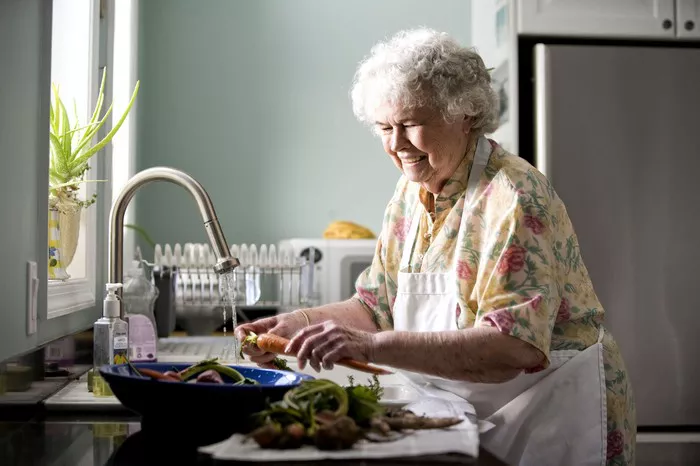FAQs
What is the best form of curcumin to take?
The best form of curcumin to take is typically considered to be a bioavailable form, such as curcumin phytosome or curcumin nanoparticles, which enhance its absorption in the body compared to regular curcumin supplements.
How much turmeric should a 55-year-old woman take?
The recommended dosage of turmeric for a 55-year-old woman can vary based on individual health factors. Generally, a daily dosage of 500-2000 milligrams of turmeric extract containing 95% curcuminoids is considered safe and effective for supporting overall health.
Does curcumin increase estrogen?
Curcumin does not increase estrogen levels. In fact, some studies suggest that curcumin may have anti-estrogenic effects, potentially inhibiting estrogen synthesis or activity. However, more research is needed to fully understand the interaction between curcumin and estrogen levels in the body.
Related topics:
- The Ultimate Guide to the Best Collagen Vitamins for Women
- Hormone Replacement Therapy: A Guide to Continuous Combined HRT
- The Best Costco Women’s Multivitamins: A Comprehensive Guide


